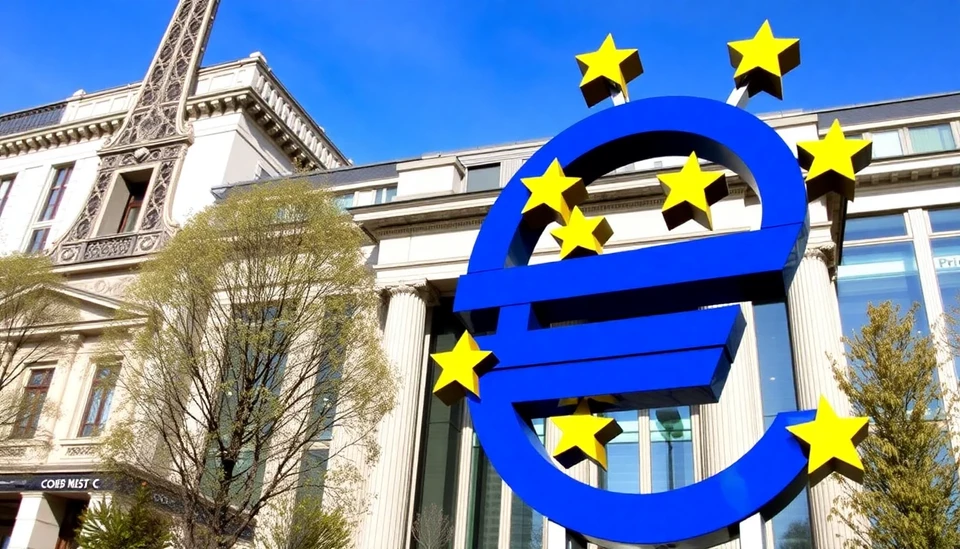
This month, latest statistics revealed that inflation in France has held steady at a rate significantly below the European Central Bank's target of 2%. These figures came as a surprise to many economists who had anticipated a fluctuation in prices. Instead, the French economy has demonstrated unexpected resilience against inflationary pressures, contributing to a broader narrative of stability within the Eurozone.
According to the National Institute of Statistics and Economic Studies (INSEE), France’s year-on-year inflation rate remained at 4.3% for January. This measurement aligns with the inflationary trends observed in December, marking a steady pace that experts were not anticipating. Several factors have been credited for this stabilization, including ongoing changes in energy prices and the effects of various governmental interventions aimed at curbing cost increases.
Analysts had primarily forecasted an uptick in inflation due to various challenges facing the economic landscape, including supply chain disruptions and the lingering aftermath of the pandemic. However, France's inflation rate has remained robustly contained, much to the relief of both policymakers and consumers. The current rate also stands lower than that of several other Eurozone nations, highlighting France’s unique economic positioning amid a challenging environment.
One significant contributor to this steady inflation rate could be linked to energy prices. The energy market has stabilized to some extent after witnessing wild fluctuations in previous months. Additionally, governmental schemes designed to mitigate energy costs for consumers and businesses have also played a role in maintaining lower inflation levels.
The implications of France's sustained inflationary rate are noteworthy. For one, they provide the European Central Bank (ECB) with a degree of flexibility in its monetary policy. With inflation below the target threshold, the ECB might feel less pressured to raise interest rates aggressively. This is particularly pertinent as central banks across the globe weigh their responses to economic conditions that have been marked by uncertainty and unpredictability.
Moreover, the current economic climate has prompted discussions surrounding economic growth predictions. While France's inflation rate remains stable, concerns linger over whether this stability can be sustained in the longer term, especially given the myriad global economic challenges. The balance between consumer spending and inflation control will be crucial as the country navigates its path in the coming months.
As France progresses through 2025, the attention will undoubtedly pivot to how ongoing economic strategies evolve and the implications these have for inflation in relation to both the domestic economy and broader Eurozone financial health. The strong consumer sentiment and business confidence observed recently could support continued economic stability, further underscoring the importance of monitoring inflation trends closely.
In conclusion, France's inflation figures for January have presented an unexpected but welcome surprise. As inflation remains steady below the ECB's target, the economic landscape appears cautiously optimistic, awaiting further developments in policy and market reactions that will shape the future economic trajectory.
#FranceInflation #ECB #EconomicStability #Eurozone #InflationRate #EnergyPrices #MarketTrends
Author: Rachel Greene




